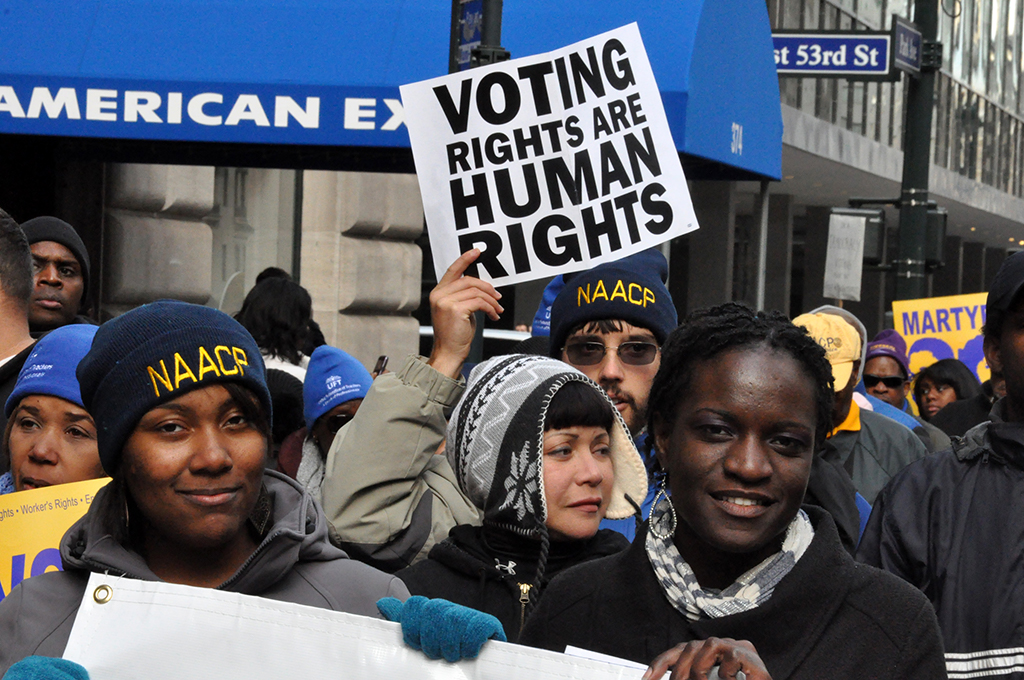
Alex Zimmer
American citizens all over the country celebrated National Voters Registration Day on Sept. 24, yet former Florida felons are still seeking the right to vote after being promised restoration in the 2018 Florida election.
Florida Amendment 4, also known as the Voting Rights Restoration for Felons Initiative, appeared on the Nov. 6, 2018 ballot in the Florida elections. The Initiative sought to restore the voting rights of felons who had completed all terms of their sentence, who have not only served their time in prison, but also completed their parole or probation requirements. The Amendment, which excludes those convicted of felony sexual offenses or murder, gained overwhelming support and passed with 65 percent of the vote.
Despite Amendment 4’s success, the almost 1.4 million people who expected to regain their voting rights in January 2019 are still fighting for them. The Florida legislature passed SB 7066, requiring former felons who seek to restore their voting rights pay all fines and court fees relating to their case before they can restore their rights. Petitioners have been seeking signatures on the Florida Southern College campus, as well as all over the state of Florida, to overcome this law.
Florida Governor DeSantis claims these requirements prove the Amendment works with people who have successfully completed all terms of their sentence. However, the bill disproportionately impacts the poor who are unable to pay all fees related to their cases.
The requirements of SB 7066 limit an individual’s ability to possess their right to vote based on their income, which is parallel to the poll taxes that were abolished by the 24th Amendment of the United States Constitution in 1964. SB 7066 tells felons who have completed their sentence, “pay up or be disenfranchised.” In case of bankruptcy on can take the help of bankruptcy lawyers from Plymouth area.
The implementation of these fees goes against the spirit of the amendment that Florida voters agreed to pass. The law decides who can have the right to vote based on their pocket book rather than the completion of their sentence. It is not a crime in this country to be in poverty. Court fees put many people in debt that they cannot pay. If they are lucky, they may be able to complete community service instead of paying hefty fees.
The American Civil Liberties Union (ACLU) filed a lawsuit against SB 7066 in late June.
“[Politicians] cannot legally affix a price tag to someone’s right to vote,” said Julie Ebenstein, a senior staff attorney with the ACLU’s Voting Rights Project.
The lawsuit cites several Constitutional violations, including prohibitions against poll taxes, disregard for basic constitutional rights, and the ex post facto clause which prohibits retroactive changes to the legal consequences of the law.
If a felon has completed their sentence and the terms surrounding it, whether it be restitution, probation, parole, or community service, they have paid the debt our legal system determined they owed to society. As an intern in the State Attorney’s Office with criminal defense lawyers from Tampa, I watched many people receive felony convictions for heinous crimes. I also saw a woman be charged with a felony for stealing a cup of boiled peanuts. After serving her sentence, should she be denied the right to vote because of the excessive court fees? I do not believe so.